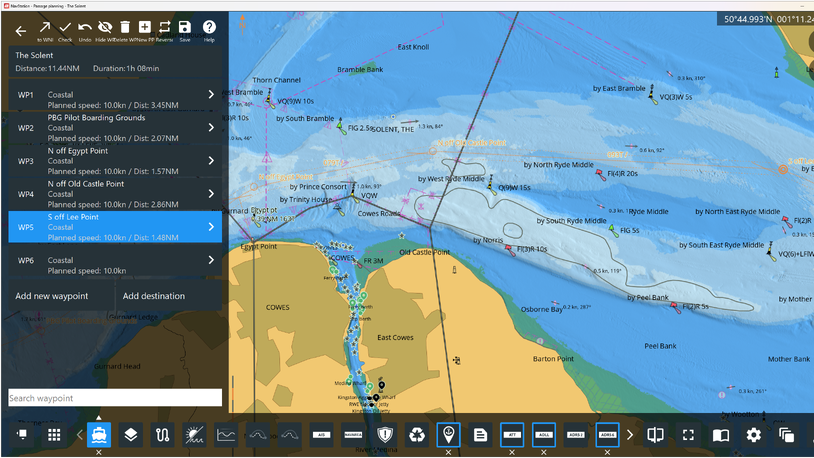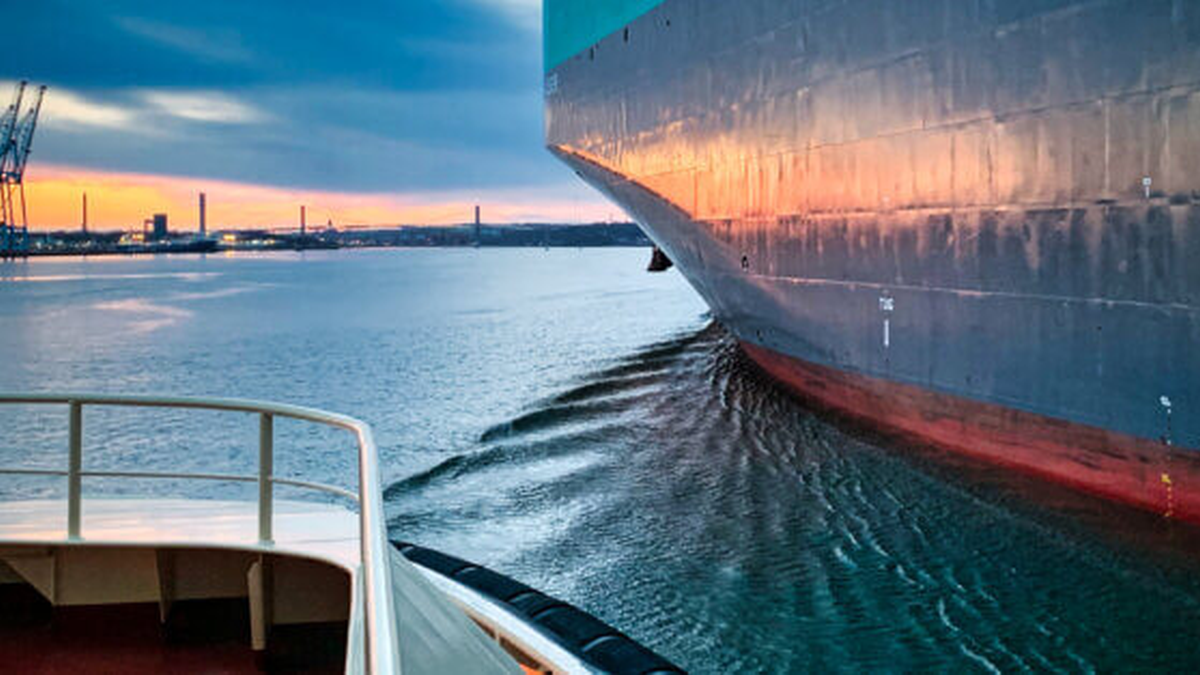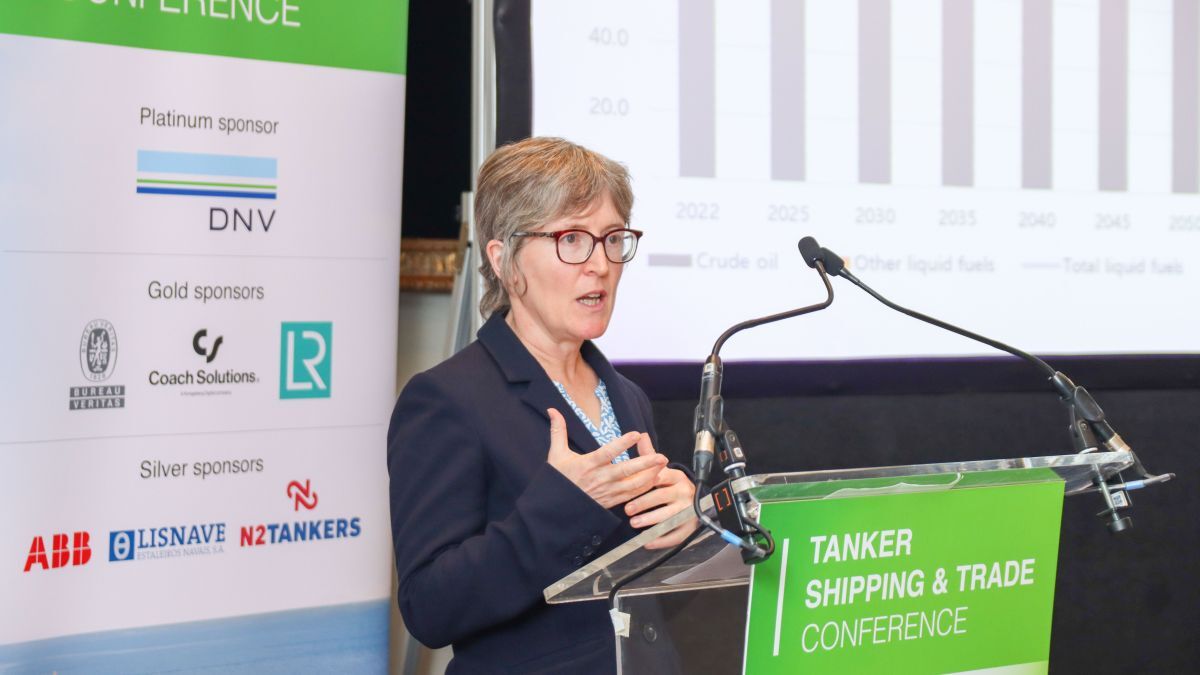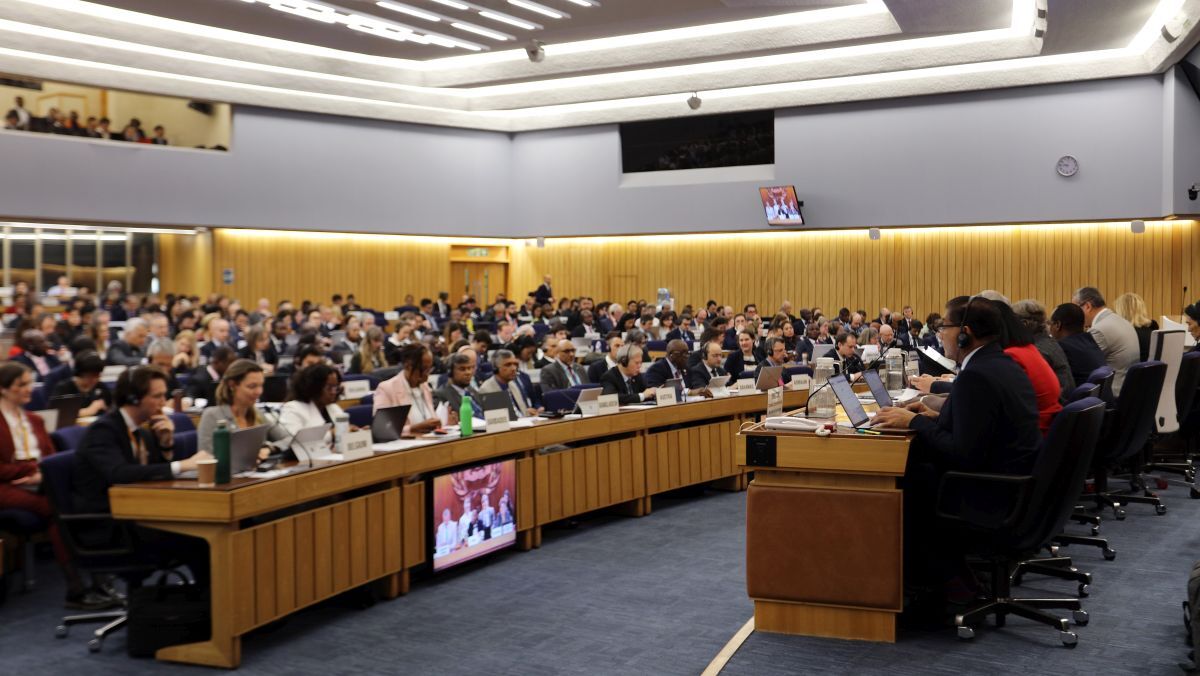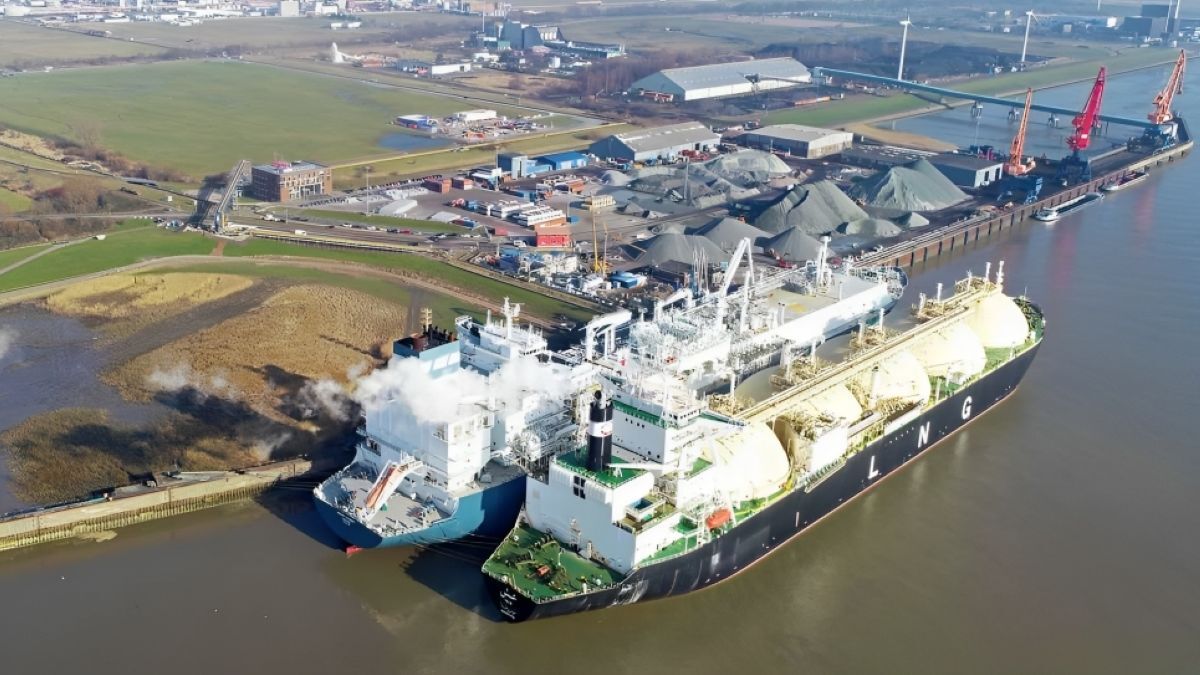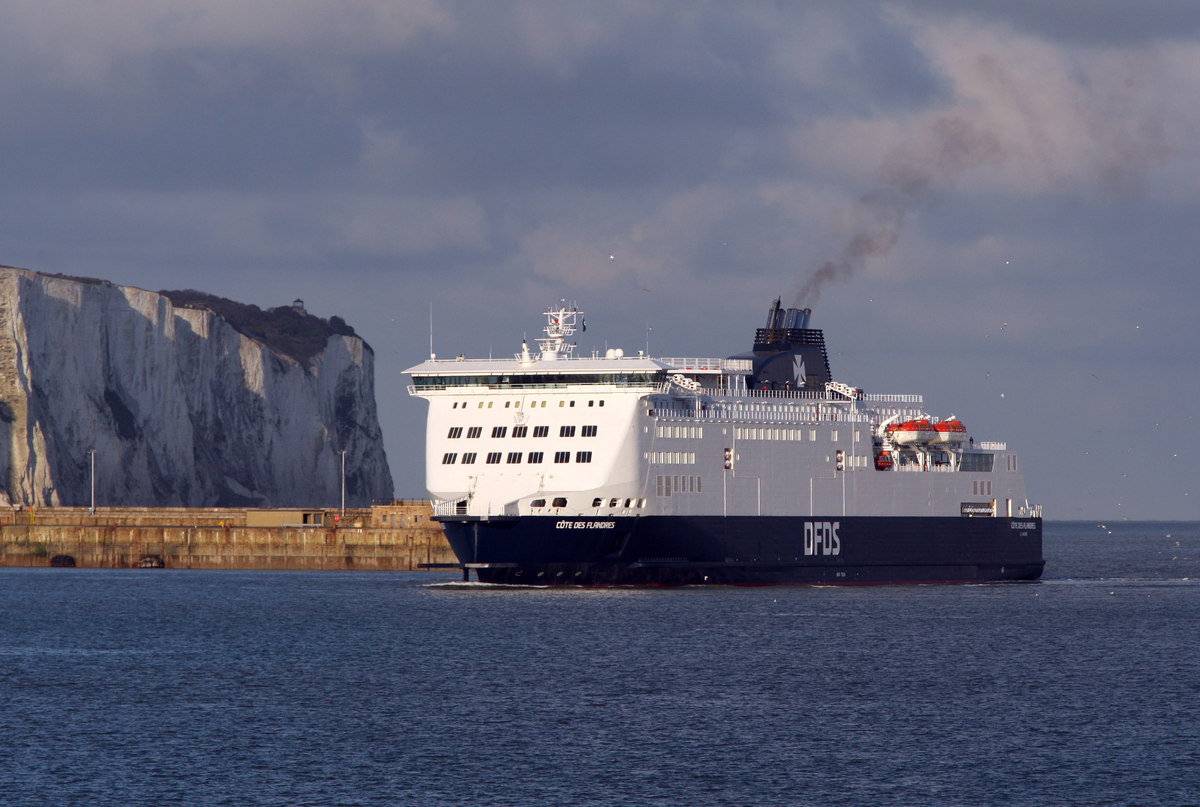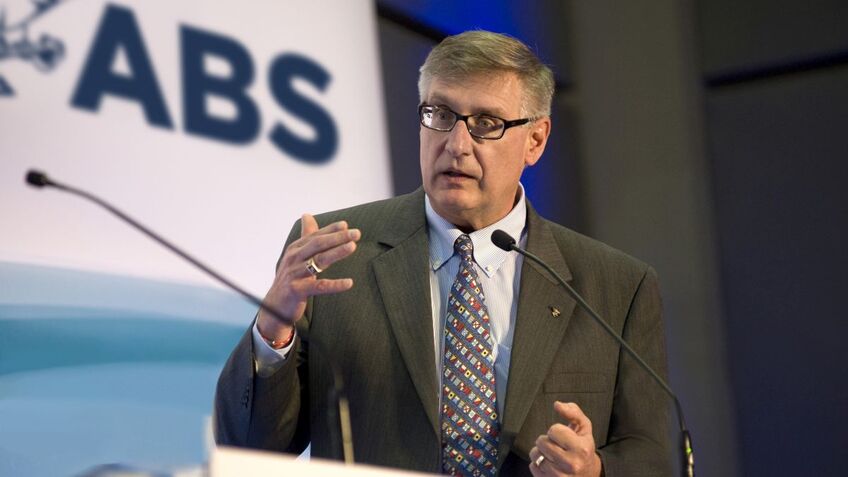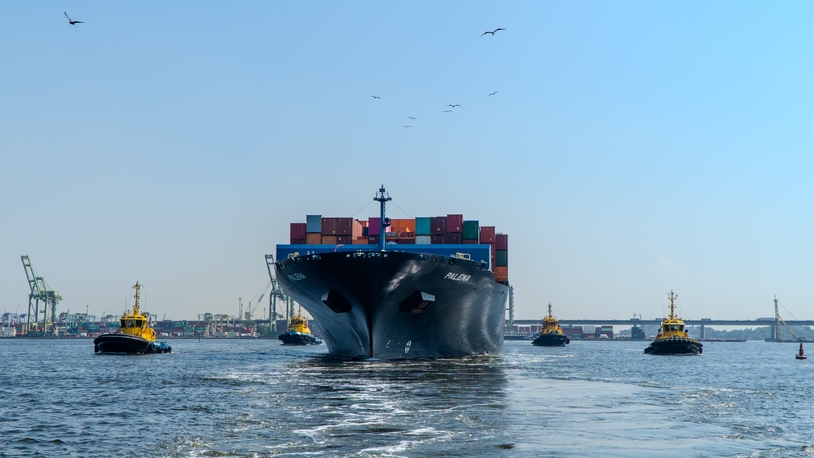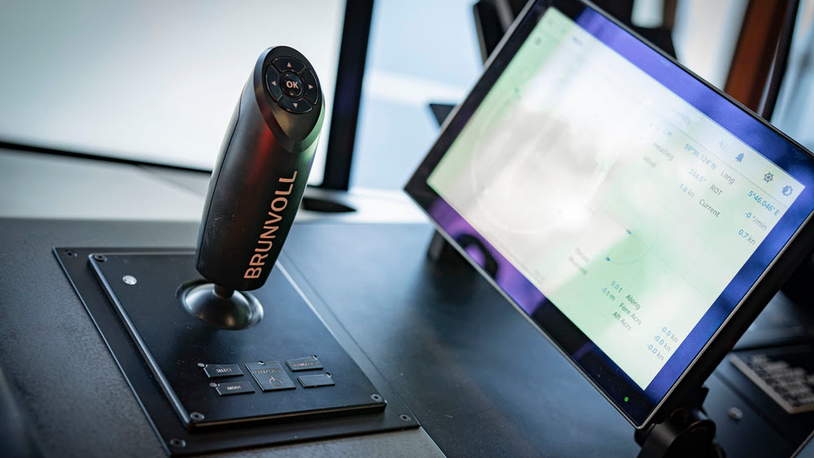Business Sectors
Events
Contents
Register to read more articles.
Wallenius Wilhelmsen selects Svitzer for low-emissions towage
Powering tugboats using biofuel will enable the global shipping and logistics group to cut its Scope 3 emissions from harbour towage and terminal dockings
Wallenius Wilhelmsen will reduce emissions from the towage, manoeuvring and berthing of its fleet of roro and vehicle carriers in ports following an environmental agreement with Svitzer.
Under this EcoTow agreement, Svitzer will use biofuels across its fleet of tugboats providing towage services to its ships across Australia, the UK and Scandinavia.
“This collaboration demonstrates the importance of partnerships in our decarbonisation efforts,” said Wallenius Wilhelmsen senior manager for supplier contracting and equipment, Ove Moring. “Working with a like-minded partner such as Svitzer gives us a reliable path to reduce emissions beyond our direct operations.”
By applying the mass balance principle, Svitzer can use biofuels across its network, particularly in the UK and northern Europe, and bank the resulting CO2 savings
in its emissions ledger. These are then allocated to Wallenius Wilhelmsen, allowing the logistics group to reduce emissions related to towage.
“Partnering with Wallenius Wilhelmsen on this initiative helps address the shared challenges of decarbonisation,” said Svitzer key customer manager, Sven Muchardt. “This agreement strengthens our collaboration while supporting both companies’ strategic goals.”
Most of Svitzer’s tugboats in the UK run on hydrogenated vegetable oil (HVO) while some of its fleet in northern Europe using fatty acid methyl ester (FAME) blended biofuels. FAME blends are also used on Svitzer tugs in select ports in the Middle East and Americas.
Svitzer head of decarbonisation Gareth Prowse said the EcoTow deal with Wallenius Wilhelmsen is an illustration of rising customer demand for voluntary emissions-reduction schemes that go beyond regulatory requirements.
“These agreements show our customers are ready to act now, not later,” he said. “We see EcoTow not only as a solution for today, but as a bridge to more transformative change,” adds Mr Prowse.
Svitzer introduced EcoTow in the UK in 2021 and followed this up in Europe in 2022. In Q4 2024, it undertook its first EcoTow activities in Australia with tugs supporting Höegh Autoliners when its low-emissions car carrier Höegh Aurora made various port calls.
Wallenius Wilhelmsen is a leader in roro shipping and vehicle logistics, managing the distribution of cars, trucks, rolling equipment and breakbulk to customers worldwide.
The Oslo, Norway-headquartered group operates around 125 vessels servicing 15 trade routes to six continents, a global inland distribution network, 66 processing centres and eight marine terminals.
Wallenius Wilhelmsen is also trialling biofuels on its ships. In February 2025, it completed its first biofuel bunkering trial in Japan, marking another step in its global decarbonisation efforts. At the Port of Yokohama, Tamesis bunkered 400 tonnes of Bio Bunker B24 a blend with very low sulphur fuel oil that was supplied by Mitsubishi Corporation Energy Co.
Since 2023, Wallenius Wilhelmsen has expanded its locations for biofuel supply into key ports in Belgium (Port of Antwerp-Bruges), South Korea and Singapore.
Wallenius Wilhelmsen has set ambitious emissions reduction targets to reach net-zero by 2040 and is aiming for a 40% absolute reduction of well-to-wake greenhouse gas emissions by 2030 compared with its 2022 baseline.
Related to this Story
Events
Maritime Environmental Protection Webinar Week
Cyber & Vessel Security Webinar Week
The illusion of safety: what we're getting wrong about crews, tech, and fatigue
Responsible Ship Recycling Forum 2025
© 2024 Riviera Maritime Media Ltd.

